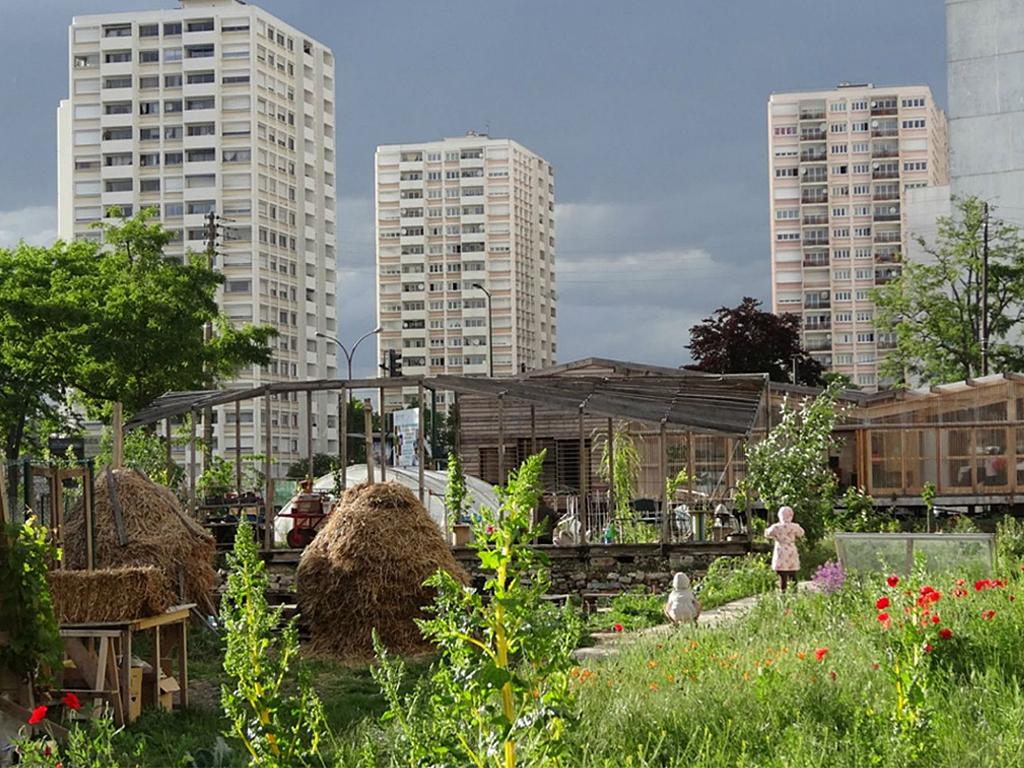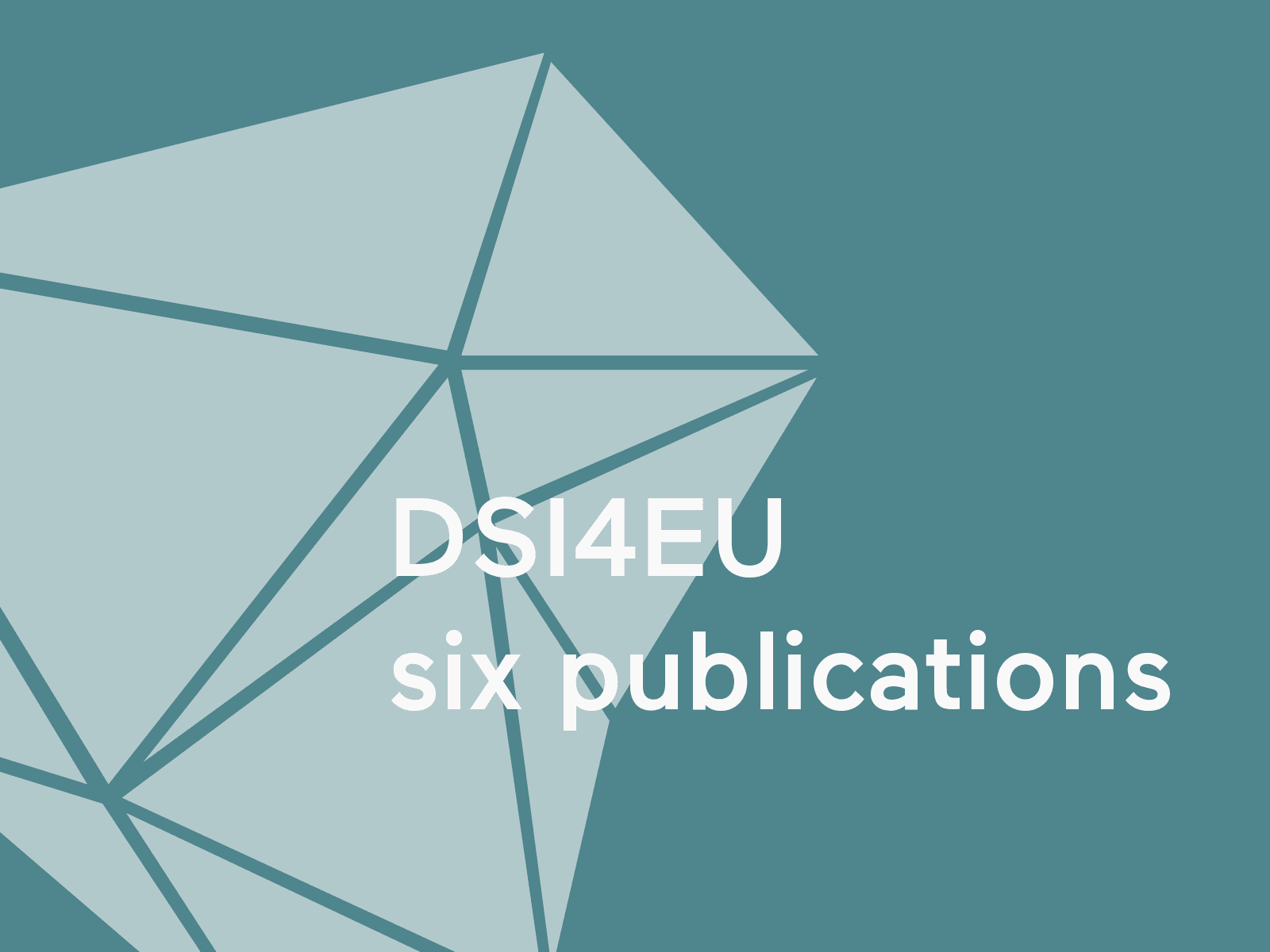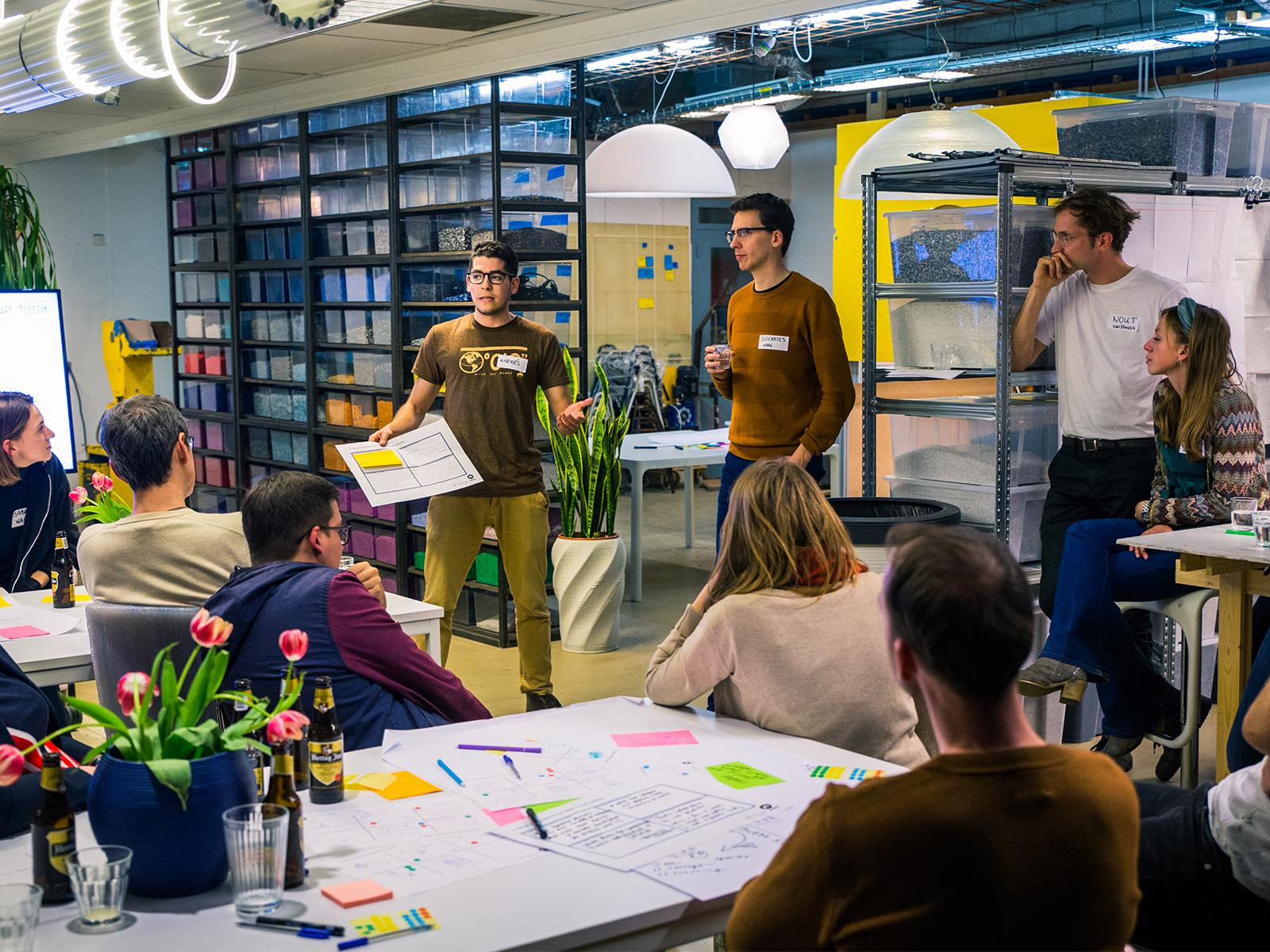An evening on the rich history and promising future of the commons at Pakhuis de Zwijger on 1 September 2016. How can we govern urban commons in co-creation?
In search of a new democracy this evening explores new governance structures based upon the concept of the commons. In 'Think like a commoner', David Bollier presents his version of "the rich history and promising future of the commons". Tonight he shares with us his ideas on "an ageless paradigm of cooperation and fairness that is re-making our world."
Together with Christian Iaione (LabGov) and Marleen Stikker (Waag) we explore what it means to see the city as a commons. What are the urban resources we can identify as commons? How can we govern them? City Makers, entrepreneurs, civil society, civil servants, politicians and scholars are invited to join in a quest for a co-creative model of governance for our city.
With among others:
David Bollier
Commons author, activist, blogger and consultant
Christian Iaione
Laboratory for the Governance of Commons
Marleen Stikker
Director and co-founder Waag
About the New Democracy series
European Cultural Foundation (ECF), Netwerk Democratie and Pakhuis de Zwijger organise a series of events on democratic and cultural renewal in Europe from a citizen’s perspective:
"With the New Democracy series we investigate democratic change as a transition, looking for socio-economic trends on the one side, and practices of social innovators on the other, that simultaneously puts pressure on the existing system, forcing it into change. Tonight we will continue our research by identifying what resources in the city we can regard as urban commons and looking into the practicalities of governing them in a co-creative manner. Our main guest is David Bollier, internationally one of the leading specialists on the commons. Bollier is an author, activist, blogger and consultant who explores the commons as a new paradigm of economics, politics and culture.
Bollier will sketch the potential of a society that embraces the commons as a governance structure. He describes the revolution of pioneering in practical forms of self-governance and production controlled by people themselves. To him, the commons is an exploding field of DIY innovation ranging from Wikipedia and seed-sharing to community forests and collaborative consumption. This development challenges the standard narrative of market economics by showcasing how cooperation generates significant value and human fulfillment. Bollier provides us with a framework of law and social action that can help us to rebuild our society and reclaim our shared inheritance towards a co-governed city.
After Bollier’s story, Christian Iaione and Marleen Stikker will join us for a dialogue on the city as commons. We encourage you to participate, as this dialogue will be the starting point of building a co-creative model of governance for our city. During the evening we want to learn what it means to live in a culture of the commons. What can we see as commons in culture, in housing, in education, in care, in public space? By explaining the work he has done with the Laboratory for Governance of the Commons, Iaione will help us exploring the possibilities of starting to govern these commons in a co-creative way. Our ambition is to jointly develop a LabGov Amsterdam in the coming months and years."


